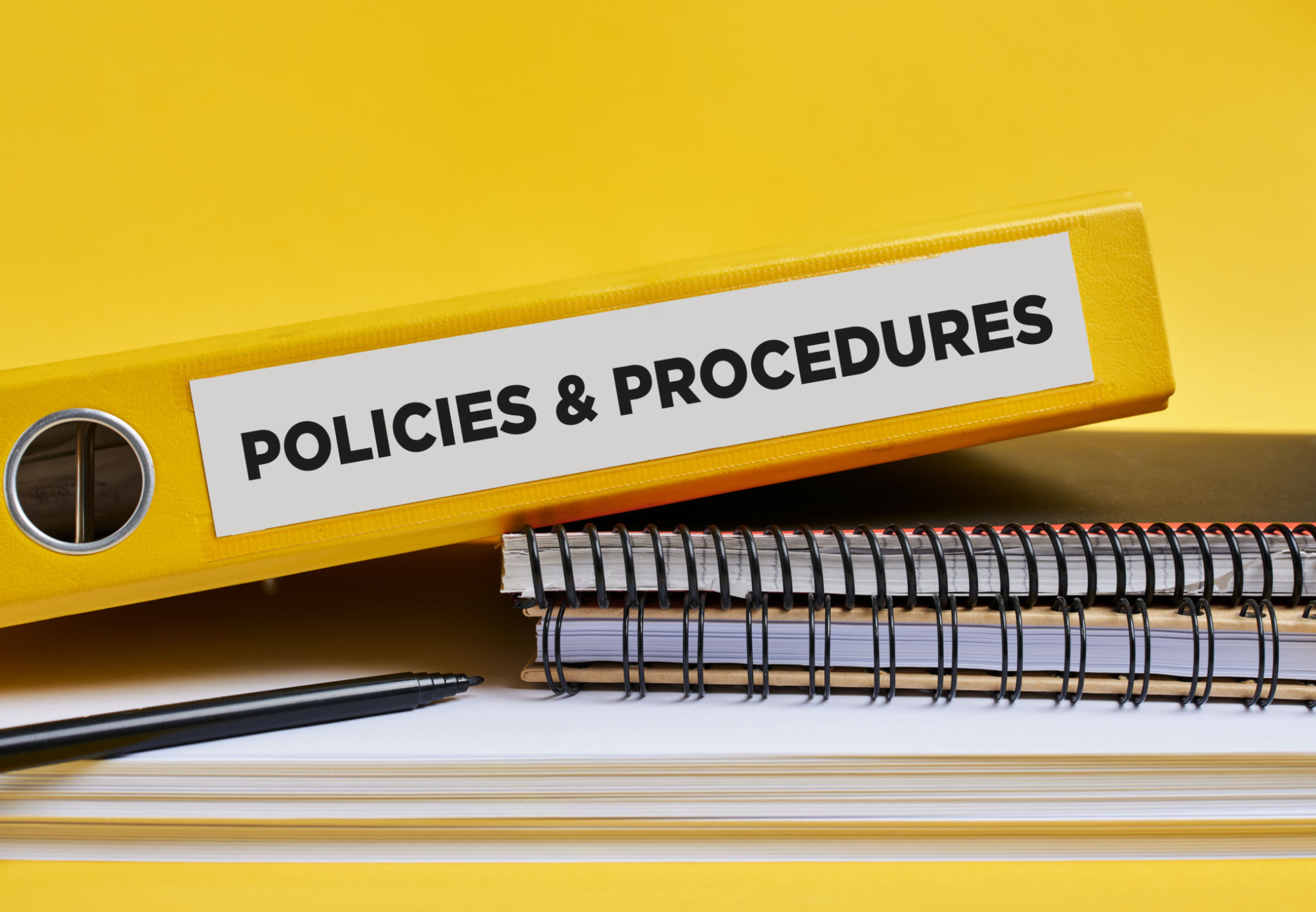Navigating Complex Regulatory Compliance: A CPA's Perspective
Understanding the Complexity of Regulatory Compliance
In today's fast-paced financial landscape, regulatory compliance is more complex than ever. For CPAs, maintaining compliance is a critical aspect of their responsibilities. Regulations are constantly evolving, and staying updated with these changes can be challenging. CPAs must be vigilant, proactive, and well-informed to navigate these complexities efficiently.
Compliance involves adhering to laws, regulations, guidelines, and specifications relevant to business operations. It encompasses various areas such as financial reporting, tax laws, and industry-specific regulations. The consequences of non-compliance can be severe, ranging from hefty fines to reputational damage.

The Role of a CPA in Ensuring Compliance
CPAs play a pivotal role in ensuring that businesses adhere to regulatory requirements. They serve as trusted advisors, helping organizations interpret and apply complex regulations. Their expertise is crucial in identifying potential compliance risks and implementing strategies to mitigate these risks.
A CPA's role goes beyond just understanding regulations; they also need to communicate these requirements effectively to business leaders and stakeholders. This involves translating complex regulatory language into actionable insights that align with the organization's goals.
Challenges in Navigating Regulatory Compliance
One of the primary challenges in navigating regulatory compliance is staying updated with the frequent changes in regulations. This requires CPAs to continuously educate themselves and stay informed about new laws and amendments. Additionally, the globalization of business means that CPAs must also consider international regulations, adding another layer of complexity.

Another significant challenge is the integration of compliance into everyday business operations. Organizations must develop a compliance culture where everyone understands their role in maintaining compliance. CPAs must work closely with various departments to ensure that compliance measures are integrated seamlessly into existing processes.
Strategies for Effective Compliance Management
Effective compliance management requires a strategic approach. CPAs can employ several strategies to enhance compliance efforts within their organizations:
- Regular Training and Education: Keeping staff informed about regulatory changes through regular training sessions.
- Automated Compliance Tools: Utilizing technology to automate compliance monitoring and reporting processes.
- Risk Assessment: Conducting regular risk assessments to identify and address potential compliance issues.

These strategies not only help in maintaining compliance but also contribute to building a robust framework that supports long-term business sustainability.
The Future of Regulatory Compliance
The future of regulatory compliance is likely to be shaped by advancements in technology and increased regulatory scrutiny. As artificial intelligence and machine learning become more integrated into compliance processes, CPAs will need to adapt their skills and embrace these technologies.
Moreover, the growing emphasis on environmental, social, and governance (ESG) factors is expected to influence regulatory landscapes further. CPAs will play a crucial role in helping organizations understand and report on these aspects effectively.
Conclusion: The CPA as a Compliance Leader
In conclusion, navigating complex regulatory compliance requires a multifaceted approach. CPAs must stay informed, leverage technology, and foster a culture of compliance within their organizations. By doing so, they not only ensure adherence to regulations but also position themselves as leaders in guiding businesses through the ever-evolving regulatory environment.
